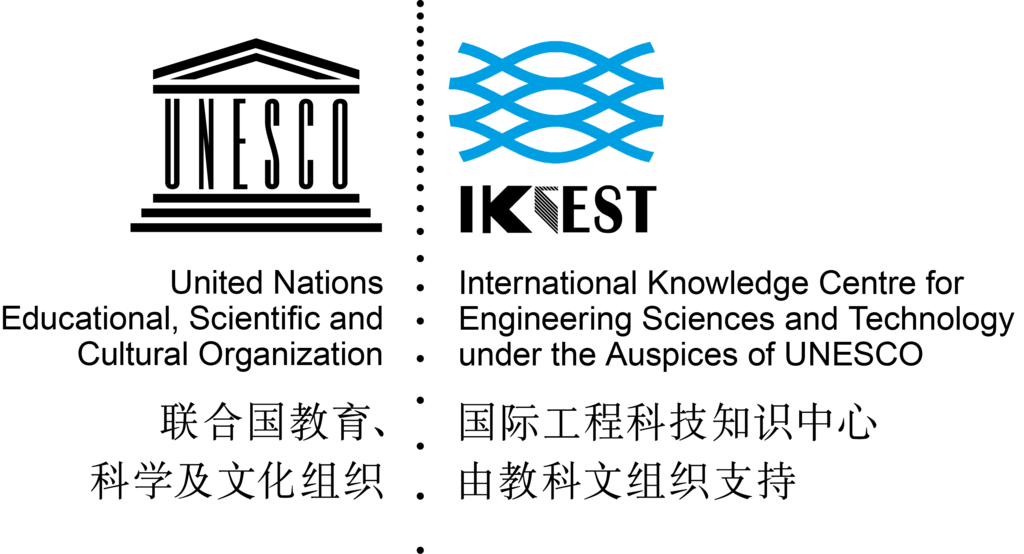We are living through a moment of crisis. As in other regions, COVID-19 is rapidly taking hold in Latin America and the Caribbean, with the epidemic continuing its relentless advance and putting the health and lives of hundreds of thousands of people at risk. We face a challenge that finds us unprepared and requires a response based on solidarity and unity, putting the collective interest above individual ones.
Governments have done well to take prompt containment measures, such as the closure of educational establishments. Although these decisions affect people’s daily activities and keep more than 150 million of the region’s students at home, such painful measures are necessary and must be maintained until the danger passes
To protect the right to education at this critical time, and as the Sustainable Development Goal 4 (Quality Education) mandates, no one must be left behind. UNESCO invites Member States to take the steps needed to provide the educational continuity that is possible under current circumstances; in support of these countries, we offer our experience and knowledge.
In the words of UNESCO’s Director General Audrey Azoulay, "Beyond the satisfaction of immediate needs, this effort is an opportunity to rethink education, expand distance learning and make education systems more resistant, open and innovative.” As such, UNESCO's work in the region has enabled us to compile and analyze the many initiatives that ministries of education in our countries are implementing so that children and young people can continue to learn from home. To this end, we share our monitoring platform, available on the website of the Regional Bureau of Education for Latin America and the Caribbean.
Given that the closure of schools presents challenges not only for learning, UNESCO also calls on the entire education community to be attentive to those vulnerable students who most depend on school services for their nutrition and safety. More than ever, they need this support and protection.
At UNESCO we are also committed to the right to information. We urge the region’s media and leaders to provide timely and accurate information and to combat the “fake news” that is so harmful in emergency situations such as the one we are currently experiencing. In Latin America and the Caribbean, UNESCO is working with its networks of journalists and fact-checkers to help ensure that accurate information reaches everyone in the region.
We also invite governments to act in these times of uncertainty against superstition and practices that can put health at risk. The importance and value of science and the role it has played in medical advances and in increasing people's life expectancy must be highlighted. At times like these, people may need reminding that thanks to science, humanity has been able to respond to or prevent situations such as the one we are experiencing today, and that scientists deserve a vote of confidence in their search for answers that will contain this emergency. To support this message, UNESCO in our region has launched the campaign #ourscience which responds showcasing the work of professional scientists in the region and their institutions as they respond to the challenges of this pandemic.
In the circumstances we now face as humanity, it is clear that science and technology play a decisive role in overcoming the challenges being posed to us. As the United Nations specialized agency in the field of science, UNESCO is actively working to coordinate global efforts in the search for evidence-based responses. In this regard, our Director-General has convened a Virtual Ministerial Dialogue on COVID-19 and Open Science on March 30, allowing national ministers and secretaries of science and technology to share ideas and activities, with the aim of formulating a plan for international scientific cooperation on COVID-19.
From the culture sector, we also call on governments to consider including economic protection for artists and cultural workers in their measures. Their work enriches our lives and gives meaning to our own humanity. Through the different artistic, literary, and cinematographic expressions, among others, we find joy, inspiration, and distraction. Many of these works are our refuge and comfort in these moments of uncertainty and reclusion.
Because we understand the importance of culture today, UNESCO and its partners have made freely accessible digital cultural tools available to the global community; this includes the World Digital Library with books, films, documentaries and much more content available in seven languages. The Culture Portal of Latin America and the Caribbean, the Culture Speaks platform, and the Culture Sector Knowledge Management Tools support learning about UNESCO's activities in support of the protection of heritage in all its forms.
As the United Nations agency created to establish peace through international cooperation in education, science, culture, communication and information, UNESCO is present to support Member States in all areas of our mandate in these difficult times
As our United Nations Secretary-General Antonio Guterres has remarked, "We are in this together, and we will get through it together".








 User Center
User Center My Training Class
My Training Class Feedback
Feedback












Comments
Something to say?
Login or Sign up for free